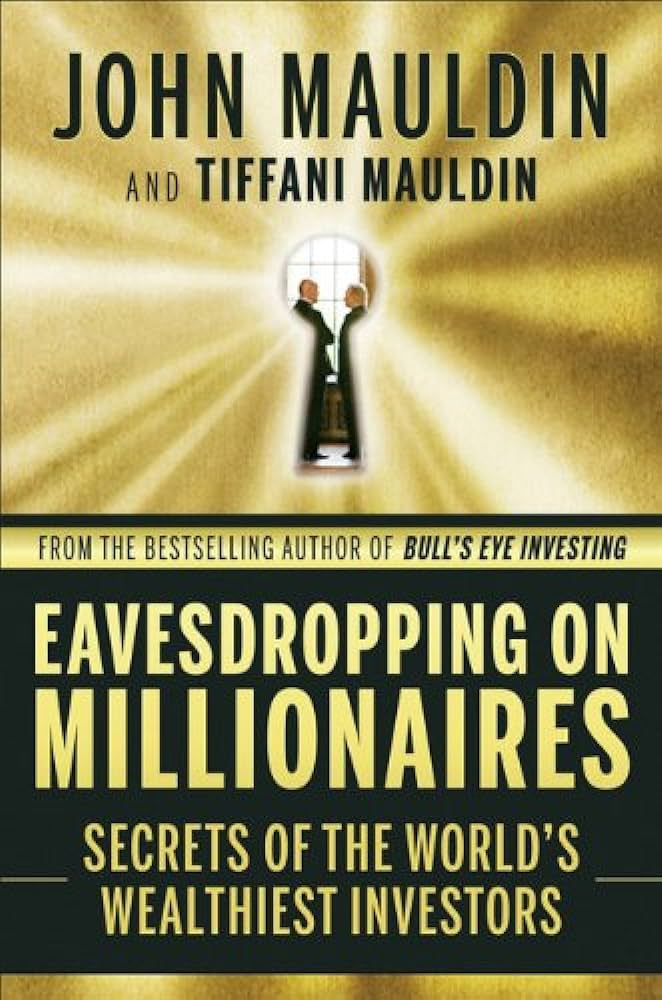It's been quite a while since I had a conversation about Rich Dad, Poor Dad by Robert Kiyosaki. The book had an enormous influence on Gen X but for dubious reasons. It centres around a false dichotomy, where you can learn from Poor Dad and then live a life of indentured servitude as an employee, or you can follow Rich Dad and run a successful business empire.
According to the book, my actual dad would be a Rich Dad. The chain of pet shops he founded still exists today, but my dad's primary mode of wealth creation was real estate. My dad sat on a piece of landed property and resisted all of his friend's suggestions to sell it and propelled himself to multimillionaire status while his pals languished after spending all the proceeds from selling their landed property. Along the way, he bought and sold some properties in JB with mixed results.
In contrast, for the most part of my professional life pre-FIRE I would have been a Poor Dad. My dad never would have wanted me to walk down the road of a businessman because of problems meeting rental payments, staffing issues, and fighting with other business partners. I was exposed to company theft when I was a kid because my parents needed to find a plan to catch a salesgirl red-handed for stealing from the cashier. My dad impressed me as to why deal with so much of life's unpleasantness when I can get a degree and work for an MNC. Expat directors bought a lot of dog food from us and I was able to view their beautiful homes.
The path of an employee is a much smoother road than that of an entrepreneur. While rewards are great for folks who run businesses, one thing Kiyosaki leaves out is the survival rate. I grew up in a retail environment, so I was able to witness the turnover of retail outlets in the 1980s and 1990s. Business failures don't live to tell tales of their successes.
Of course, I was never able to succeed conventionally as an employee in the end because I discovered dividends investing. Why bother even working for anyone if you can find a way to get paid for all your living expenses, and then work for yourself?
The modern approach towards wealth generation cannot be simplified into a Rich Dad - Poor Dad dichotomy.
One way of getting an interview sample of millionaires Rich Dads is to consider John Mauldin's latest book Eavesdropping on Millionaires. I really like the interview format because multiple interviews were made 6 and then 12 years after the first interview. But you need to do the hard work of sifting out the commonalities between all these millionaires.
One thing I found is that successful businesses have a much higher tolerance of risk compared to ordinary people. They can deal with a lot of ambiguity and can bounce back after a defeat. Another point is that almost all of them grew their wealth using investment instruments thereafter. Finally, many of the millionaires talk candidly about their children and most of the time, but seems to me that business acumen cannot be transmitted to future generations. If only more interviews are done in Asia where things are very different.
The problem with reading millionaire interviews is that these guys made money in a different economic climate. So the question is how to make money in the current era.
To solve that problem, Gonzo Capitalism by Chris Guillebeau gives a wonderful rundown on new ways of making money that Gen Z is getting themselves into. Chris goes all out to feature the weird ways of making money from becoming over-employed, to dabbling in NFTs and launching an IPO to sell your future earnings. For FIRE folks, Chris also talks about why he does not agree with FIRE and I like his arguments on that as well.
I think if some of these Gen Z's succeed, there will be a rise of a new kind of dad - an APE Dad. Because younger generations in the US are saddled with expensive educational loans and saw through the pandemic, they will experiment with financial instruments with an asymmetric risk profile. To most of us, it may sound absurd to take welfare payouts to ape investors in Wall Street Bets but this kind of craziness is here to stay.
I enjoyed both books immensely and actually think that you are better off reading them than anything by Robert Kiyosaki as sooner or later you might be subliminally programmed to join some MLM program.
Let's be open-minded about how the young and old make their money. As I'm not young anymore, I'm fine with spending a fraction of my dividends and supplementing my income working for myself if the need arises.


No comments:
Post a Comment